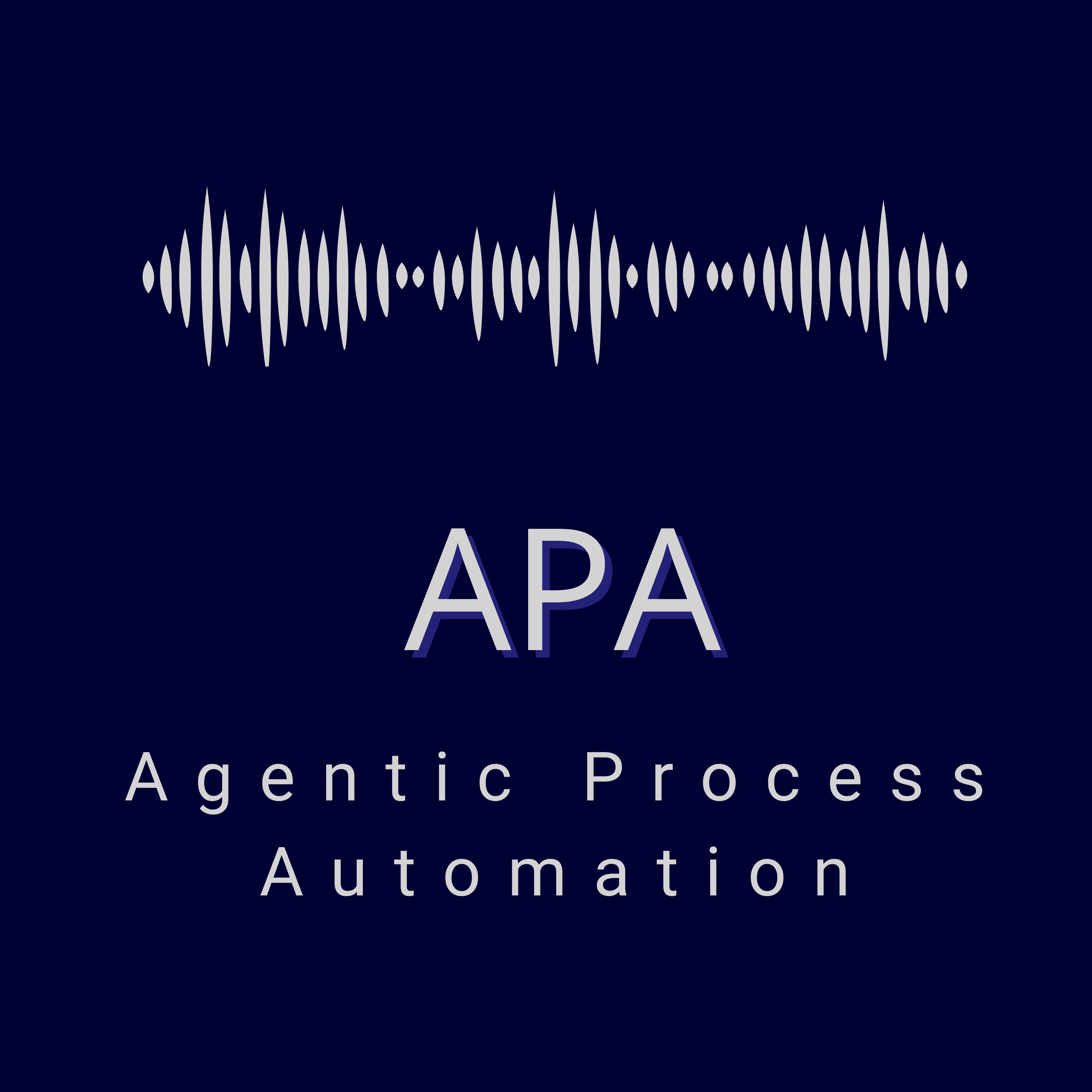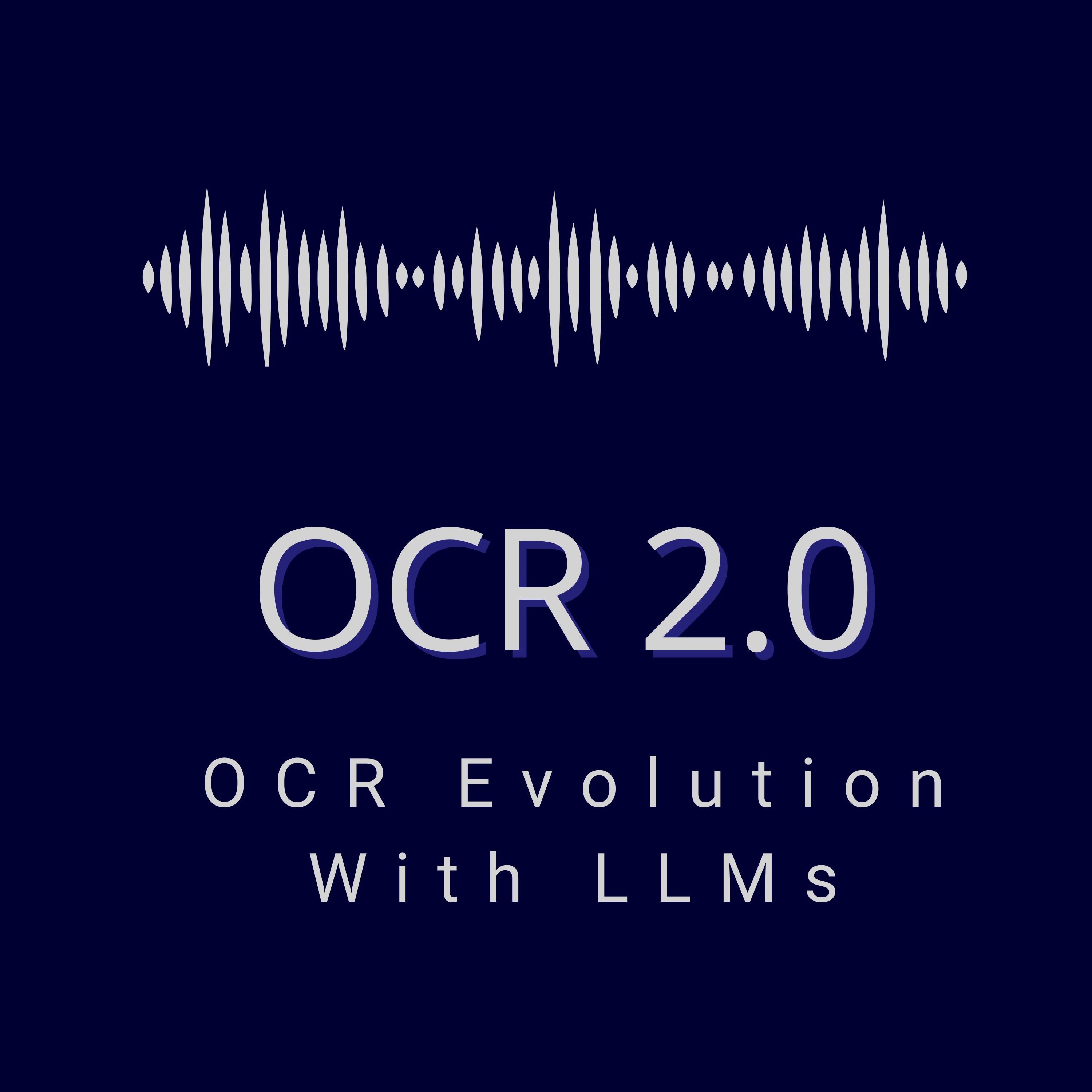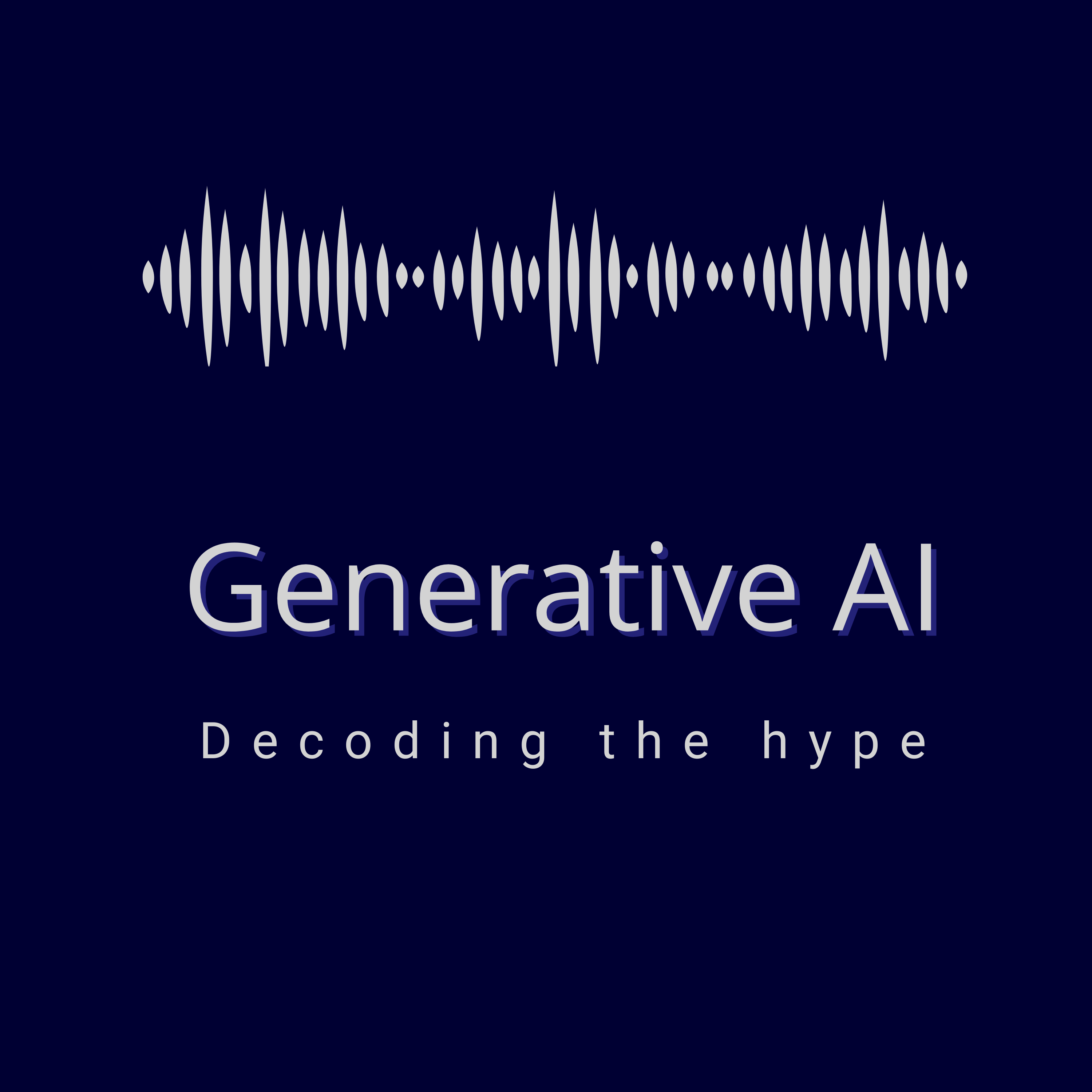Agentic Process Automation (APA)
Description
In this episode, we explore Agentic Process Automation (APA), a paradigm that could revolutionize digital automation by harnessing the power of AI agents. The discussion focuses on the ProAgent system as an example of APA.
APA introduces a new paradigm where AI-driven agents can analyze, decide, and execute complex tasks with minimal human intervention. We'll unpack the groundbreaking Automation concept which showcases the true potential of AI agents through its innovative approach to workflow construction and execution.
Key Topics Covered
- Introduction to Agentic Process Automation (APA)
- Comparison between traditional Robotic Process Automation (RPA) and APA
- ProAgent: A prime example of APA implementation
- Key innovations of ProAgent:
- Agentic workflow construction
- Agentic workflow execution
- Types of agents in ProAgent:
- Data agents
- Control agents
- Case study: Using ProAgent with Google Sheets for business line management
- Potential impacts and implications of APA on work and decision-making
- Future developments and considerations for APA technology
This episode was generated using Google Notebook LM, drawing insights from the paper "ProAgent: From Robotic Process Automation to Agentic Process Automation"
Stay ahead in your AI journey with Bot Nirvana AI Mastermind.
Podcast Transcript
All right, everyone. Buckle up, because today's deep dive is going to be a wild ride through the future of automation. We're talking way beyond those basic schedule this kind of tasks. Yeah, we're diving headfirst into the realm where AI takes the wheel and handles the thinking for us. Oh, yeah, the thinking part. Yeah. If you could give your computer a really complex task, something that needs analysis, decision-making, maybe even a dash of creativity, that's what we're talking about. And right now, your typical automation tools, they would hit a wall. Hard. They're great at following those rigid step-by-step instructions. Like robots. Exactly. But when it comes to anything that requires actual brain power. Still got to do it ourselves. Well, that's where this research paper we're diving into today comes in. It's all about something called agentic process automation, or APA for short. And let me tell you, this stuff has the potential to completely change the game. OK, for those of us who haven't dedicated our lives to the art of automation, give us the lowdown. What is APA, and why is it such a big deal? Think about your current automation workhorse RPA, robotic process automation. It's like that super reliable assistant who never complains but needs very specific instructions for every single step. Right. Amazing at those repetitive tasks, but needs you to hold their hand through every decision point. Exactly. Now, imagine that same assistant, but with a secret weapon, an AI sidekick whispering genius solutions in their ear. OK, now you're talking. That's APA in a nutshell. We're giving RPA a massive intelligence boost. So instead of just blindly following pre-programmed rules, we're talking about automation that can actually think. You got it. APA introduces the idea of agents, which are basically AI helpers embedded directly into the workflow. These agents can analyze data, make judgment calls based on that analysis, and even generate things like reports, all without a human meticulously laying out each step. So it's not just about automating tasks anymore. It's about automating the intelligence behind those tasks. You're catching on quickly. And this paper focuses on a system called ProAgent as a prime example of APA in action. All right, lay it on us. What is ProAgent? So ProAgent really highlights the potential of APA with two key innovations-- agentic workflow construction and agentic workflow execution. OK, so those are some pretty hefty terms. Can you break those down for us? Let's start with how ProAgent constructs workflows. What makes it so revolutionary? Well, with your traditional RPA, you're stuck painstakingly designing every single step of the process. It's like writing a super detailed manual for a robot. Right, like you don't want the robot to deviate at all. Exactly. But ProAgent flips the script instead of you having to lay out every tiny detail. I can just, like, figure it out. You give it high level instructions, and the LLM-- that's the AI engine-- actually builds the workflow for you. Wait, so it's like you're telling it what you want to achieve, and it figures out the how to. Think of it like having an AI assistant who understands your goals and can translate those goals into a functional workflow. OK, that is seriously cool. And then, agentic workflow execution-- that's where those agents we talked about come in, right? They're the ones actually doing the heavy lifting. You got it. ProAgent uses two types of agents-- data agents and control agents. They work together like specialized teams within your automated workflow. OK, I'm really curious about these specialist teams now. Let's start with the data agents. What's their area of expertise? Data agents are the masterminds behind complex data processing. We're not talking simple copying and pasting here. Imagine you need a report summarizing key trends from a massive spreadsheet. Yeah, that sounds fun. A data agent can analyze that data, extract the important bits, and generate a report for you all within the automated workflow. OK, so if the data agents are the analysts, are the control agents like the project managers making sure it all comes together? That's a great analogy. Control agents handle the dynamic aspects of the workflow-- those if this, then that-- scenarios. They can assess a situation and choose the best course of action just like a human would. Wow, so they're not just following a predetermined path. They're making decisions on the fly. This is light years beyond basic automation. It really is. And to really illustrate this, the researchers use a really interesting case study with Google Sheets. Imagine you're a manager, and you've got this spreadsheet with hundreds of different business lines. Hundreds of business lines. I can already feel the headache coming on. Right, and each one might have unique needs. Some need detailed reports emailed out. Others might just need a quick update on Slack. Traditionally, you'd need a human to look at each one, figure out the best way to handle it. Oh, for sure. You'd need a whole team just to manage that. But in this case study, ProAgent uses a control agent to do the reading and the decision making. So it's not just matching keywords or something. It's actually understanding the context of each business line. You got it. The control agent can actually analyze the description of a business line and say, OK, this one seems more business to customer, so it needs this kind of report. That's pretty impressive. So the control agent is like the conductor of an orchestra, making sure everything flows smoothly, and each instrument plays its part at the right time. But what about the actual report writing? That's where those data agents step in, right? Exactly. Let's say the control agent flags a business line that requires a super detailed performance report. The data agent swips in, pulls the relevant data points from the spreadsheet, crunches the numbers, and even adds in some insightful summaries. Hold on. It can actually generate insights. Like, it's not just spitting out numbers. It can analyze the data and tell me what's important. That's the really exciting part. This paper shows that ProAgent can tap into the power of LLMs to move beyond just simple reporting. We're talking about identifying trends, comparing performance across different business lines. It could probably even make suggestions based on the data, right? Exactly. This is about real data-driven insights. OK, now I'm really seeing how this could be a game changer. Even for someone like me, who doesn't necessarily geek out over all the automation jargon, this has huge implications. It absolutely does. Think about all those tasks in your work day that could be handled by a system like ProAgent. Those things that eat up your time because they involve, you know, gathering information from different places, making judgment calls. It's like those tasks that, you know, could theoretically be automated, but they require that extra bit of human touch. Precisely. APA has the potential to bridge that gap. Imagine you could be freeing up all this mental bandwidth. All that time you'd normally spend on these tedious tasks, you could be focusing on the strategic stuff, the creative stuff, the work that really needs your unique human perspective. It's like having an army of AI assistants working tirelessly behind the scenes, handling all the heavy lifting so you can focus on the big picture. And it's not just about productivity. It's about reducing that feeling of information o
























